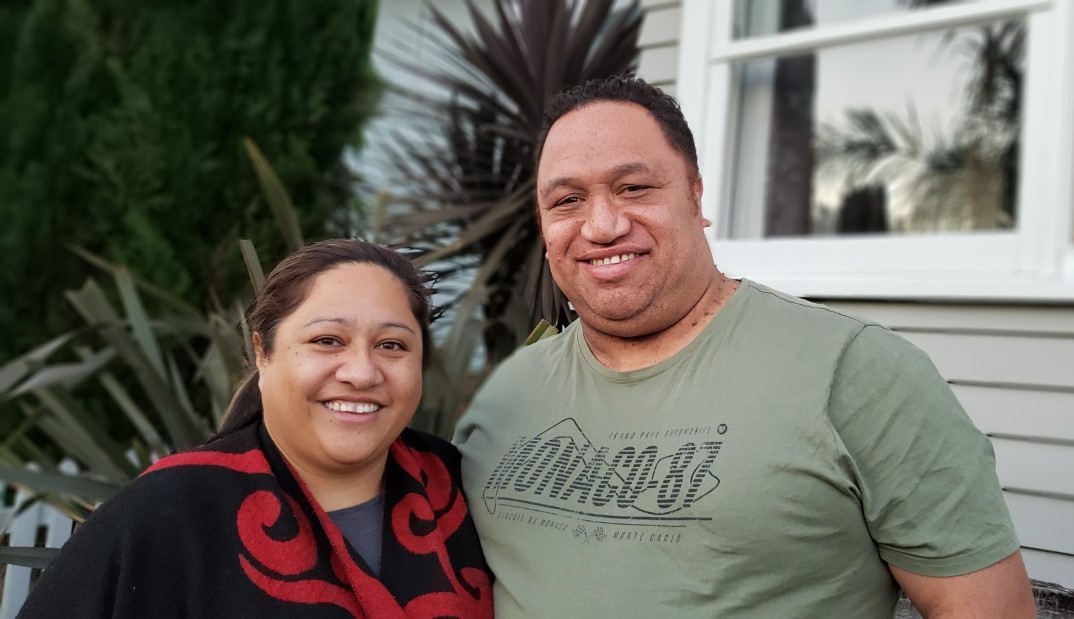Immersing tamariki in te ao Māori
Published: September 15, 2020
For caregivers Alisi and Jason te ao Māori is their way of life, so they're guiding tamariki on their journey to learn te reo Māori and strengthen their cultural identity.
As we celebrate Te Wiki o te Reo Māori, it's important to acknowledge those immersing tamariki and rangatahi in te reo and te ao Māori and helping to uphold their mana.

Access to the language
Oranga Tamariki caregivers, Alisi and Jason have been caring for siblings Emily and Beau* for more than two years.
They say it was important to them to impart knowledge of te ao Māori onto their children, whether they are biological or whangai to them.
Part of this journey has been kōhanga reo which Alisi says was to help them access the language and strengthen their foundations as tamariki Māori.
Just recently, Emily graduated from her kōhanga reo at a special korowaitanga (graduation) surrounded by whānau. She’s since started the next part of her reo journey at their local kura kaupapa.
Achieving te ao Māori values naturally
Oranga Tamariki social worker, Zola says kōhanga reo has been a passion of hers after she attended as a child.
Being a part of Emily’s korowaitanga and seeing both children thrive in the care of Alisi and Jason has been incredible to see.
“I see a lot of whānau who don’t know who they are,” says Zola.
“Kōhanga reo provides a whole whānau journey and a holistic view of te ao Māori for tamariki.”
Zola says it’s also a place where the practices of Section 7aa can be achieved naturally.
“The values of whakapapa and whanaungatanga taught to our tamariki, are the teachings passed down from our tūpuna, kaumatua and kuia,” she says.
“I believe all tamariki Māori in care should be enrolled.”
"We were raised in that environment of embracing our culture and embracing our identity as Māori."
Jason
Aroha, waiata and whānau
Alisi and Jason’s home is filled with aroha, waiata and whānau with nan and auntie a huge part of their lives. A guitar and keyboard are central in the lounge as well as books and toys so they can sing, read and play games in both te reo and English.
“We’re not trying to be something that we’re not, “says Alisi
“We just try to make it as natural as possible for them, as te ao Māori flows out of who we are.”
*names of the tamariki have been changed for privacy

